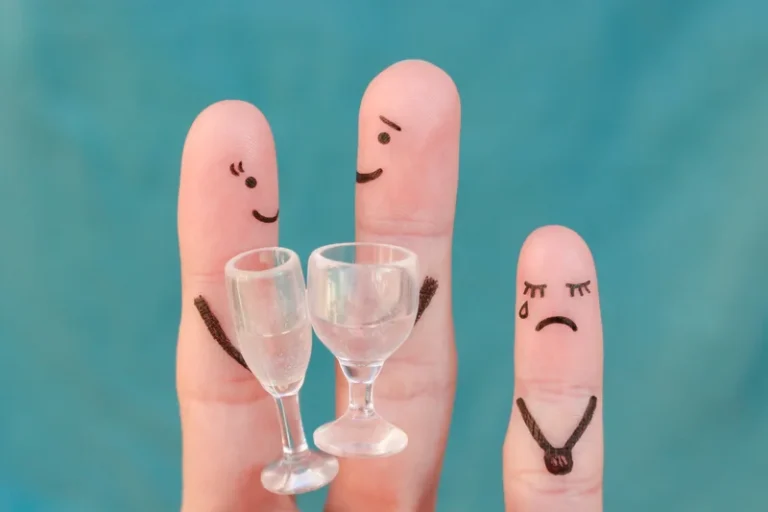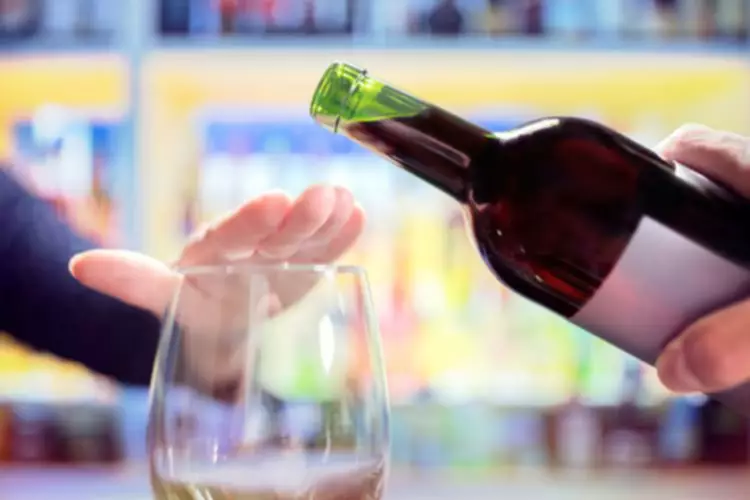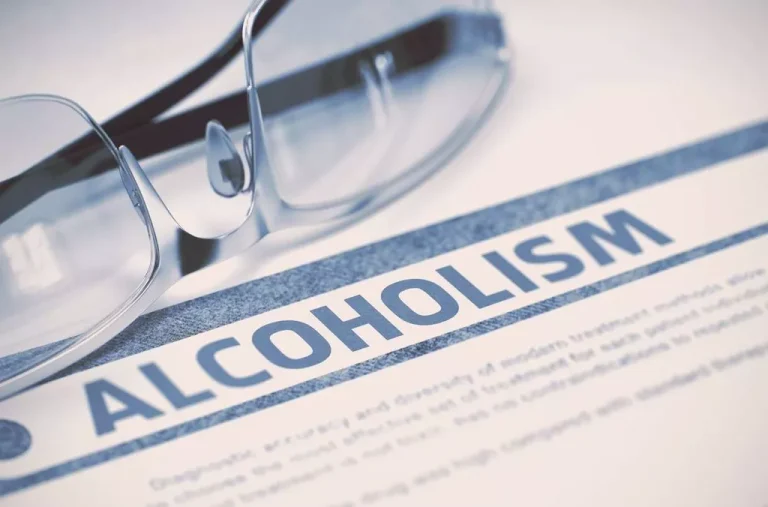
Drinking alcohol can affect the quality and length of your sleep, leading to sleep disorders — such as insomnia and sleep apnea — in some. Even if alcohol helps you feel drowsy, you can develop a tolerance to the sedating effects. If you have trouble sleeping and rely on booze to fall asleep, this may cause you to drink more to get the sleepiness does alcohol help you sleep effects you used to feel. Alcohol can make you feel drowsy, but that doesn’t mean you should reach for a glass of wine before bed. Depending on how much you drink and how close to bedtime you drink it, alcohol can mess with your sleep in a number of ways. Alcohol can also cause a person to wake up throughout the night, as we’ve seen.
Individualized, evidence based treatment, to fit your needs.

Consuming alcohol regularly before bed can also make it more difficult to sleep, according to a 2016 study in the journal Drug and Alcohol Dependence. Researchers found that chronic or habitual alcohol use before bedtime led to bouts of insomnia. Sleep problems, such as difficulty getting to sleep, frequent waking during the night and difficulty getting up in the morning, were also more common in people with alcoholism. Alcohol can help people feel more relaxed and sleepy, but it’s also linked to poor sleep quality and duration, according to the Sleep Foundation, a U.S. nonprofit organization. Generally, the more a person drinks, the more their sleep quality suffers.
Tips for sleeping after a night out
However, the problem with alcohol comes later in the night when alcohol has a number of negative effects. Alcohol will undoubtedly help to send you off to sleep as it actually works on the same receptors in the brain that are targeted by some sleeping tablets. Peters is a board-certified neurologist and sleep medicine specialist and is a fellow of the American Academy of Sleep Medicine. If you think you may have a sleep problem or disorder, consider taking our brief sleep quiz to find out. Remember that only a healthcare professional or sleep specialist can diagnose a sleep condition. Alcohol has been shown to negatively impact sleep, but this comes down to the individual.
Alcohol Makes You Sleepy, but That Doesn’t Translate to Good Sleep
While “relaxed” may sound appealing, alcohol has also been shown to negatively affect sleep and other physiological processes that occur during sleep. It’s important that you do not mix tramadol with alcohol, benzodiazepines, or other medications known to interact with tramadol. Mixing it with these drugs can lead to life threatening sedation or other serious side effects. Higher dosages of tramadol are generally more likely to cause side effects, including sleepiness. Those with thyroid conditions, such as hypothyroidism, hyperthyroidism, or autoimmune thyroid disorders, should be cautious with sea moss, says Aponte-Davila. “High iodine levels in sea moss may worsen these conditions or interfere with thyroid hormone balance,” he explains.

Regular drinking has also been linked to shorter periods of rapid eye movement (REM) sleep, a disrupted circadian rhythm, and snoring. In addition, since poor sleep can negatively affect one’s health, the benefits of a restful night go beyond feeling alert in the morning. If you find that you persistently snore whether you’ve been drinking or not, it could be due to a sleep disorder, such as sleep apnea. When a person is diagnosed with sleep apnea, it means that they have short and frequent breathing cessations during the night. These cessations force the body to partially rouse itself over and over again in order to restore proper breathing, preventing sufferers from getting the deep, restful sleep they need. The most common type of sleep apnea is obstructive sleep apnea (OSA), and it occurs when the tissues in the mouth and throat relax and block the airway during sleep.
- Below, we’ll dive into common questions about alcohol and sleep, including how it impacts your sleep, why alcohol makes you sleepy, and how you can get a better night’s sleep after you’ve had a few drinks.
- How much alcohol you drink and when you drink it can both influence sleep.
- Whereas people with a nocturnal eating disorder are aware of their eating, people with a sleep-related eating disorder are not in control of their actions and won’t remember what took place the next morning.
- Those with alcohol use disorders can experience insomnia due to this.
- Many people experience improvements in their sleepiness or drowsiness as their body adjusts to tramadol.
- The more alcohol your drink and the closer you drink it to bedtime, the stronger its effects will be.
- Research on older adults, aged 50 and older, found those who binge drank two days or less a week had 35% greater odds of insomnia compared to non-binge drinkers.
- During sleep, the body cycles through all of these stages every 90 to 120 minutes, with NREM sleep dominating the first part of the night and REM increasing during the second part of the night.
- When this phenomenon occurs, you must drink a lot of water to rehydrate your body.

